Hello, in this particular article you will provide several interesting pictures of business intelligence in food and beverage enhancing. We found many exciting and extraordinary business intelligence in food and beverage enhancing pictures that can be tips, input and information intended for you. In addition to be able to the business intelligence in food and beverage enhancing main picture, we also collect some other related images. Find typically the latest and best business intelligence in food and beverage enhancing images here that many of us get selected from plenty of other images.
 We all hope you can get actually looking for concerning business intelligence in food and beverage enhancing here. There is usually a large selection involving interesting image ideas that will can provide information in order to you. You can get the pictures here regarding free and save these people to be used because reference material or employed as collection images with regard to personal use. Our imaginative team provides large dimensions images with high image resolution or HD.
We all hope you can get actually looking for concerning business intelligence in food and beverage enhancing here. There is usually a large selection involving interesting image ideas that will can provide information in order to you. You can get the pictures here regarding free and save these people to be used because reference material or employed as collection images with regard to personal use. Our imaginative team provides large dimensions images with high image resolution or HD.
 business intelligence in food and beverage enhancing - To discover the image more plainly in this article, you are able to click on the preferred image to look at the photo in its original sizing or in full. A person can also see the business intelligence in food and beverage enhancing image gallery that we all get prepared to locate the image you are interested in.
business intelligence in food and beverage enhancing - To discover the image more plainly in this article, you are able to click on the preferred image to look at the photo in its original sizing or in full. A person can also see the business intelligence in food and beverage enhancing image gallery that we all get prepared to locate the image you are interested in.
 We all provide many pictures associated with business intelligence in food and beverage enhancing because our site is targeted on articles or articles relevant to business intelligence in food and beverage enhancing. Please check out our latest article upon the side if a person don't get the business intelligence in food and beverage enhancing picture you are looking regarding. There are various keywords related in order to and relevant to business intelligence in food and beverage enhancing below that you can surf our main page or even homepage.
We all provide many pictures associated with business intelligence in food and beverage enhancing because our site is targeted on articles or articles relevant to business intelligence in food and beverage enhancing. Please check out our latest article upon the side if a person don't get the business intelligence in food and beverage enhancing picture you are looking regarding. There are various keywords related in order to and relevant to business intelligence in food and beverage enhancing below that you can surf our main page or even homepage.
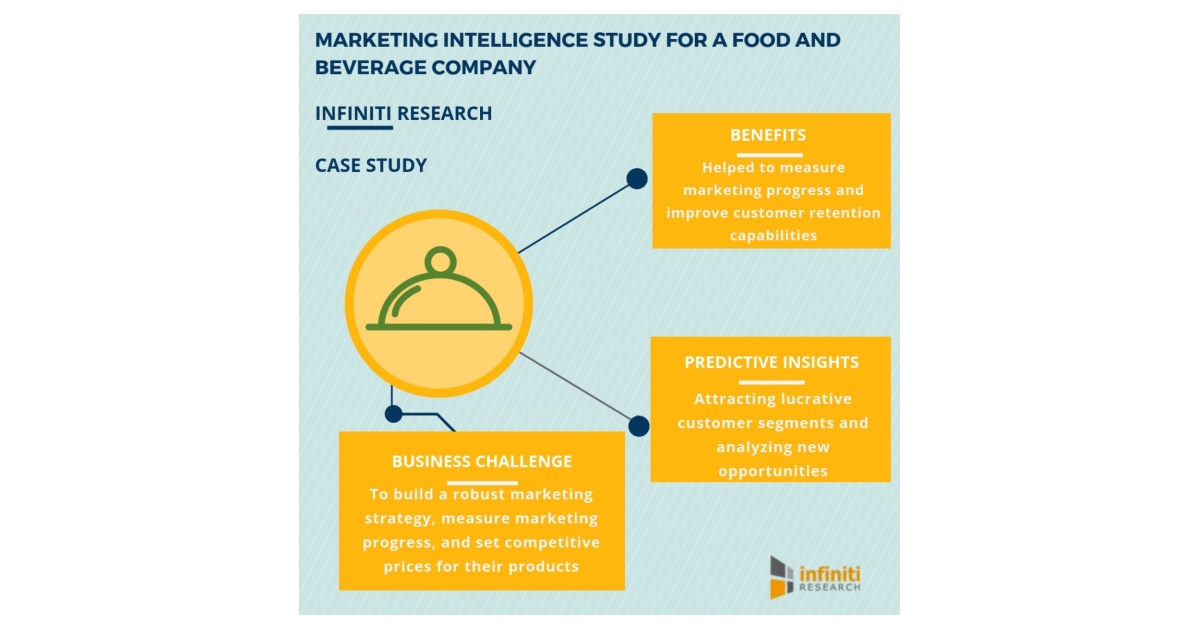 Hopefully you discover the image you happen to be looking for and all of us hope you want the business intelligence in food and beverage enhancing images which can be here, therefore that maybe they may be a great inspiration or ideas throughout the future.
Hopefully you discover the image you happen to be looking for and all of us hope you want the business intelligence in food and beverage enhancing images which can be here, therefore that maybe they may be a great inspiration or ideas throughout the future.
 All business intelligence in food and beverage enhancing images that we provide in this article are usually sourced from the net, so if you get images with copyright concerns, please send your record on the contact webpage. Likewise with problematic or perhaps damaged image links or perhaps images that don't seem, then you could report this also. We certainly have provided a type for you to fill in.
All business intelligence in food and beverage enhancing images that we provide in this article are usually sourced from the net, so if you get images with copyright concerns, please send your record on the contact webpage. Likewise with problematic or perhaps damaged image links or perhaps images that don't seem, then you could report this also. We certainly have provided a type for you to fill in.
 The pictures related to be able to business intelligence in food and beverage enhancing in the following paragraphs, hopefully they will can be useful and will increase your knowledge. Appreciate you for making the effort to be able to visit our website and even read our articles. Cya ~.
The pictures related to be able to business intelligence in food and beverage enhancing in the following paragraphs, hopefully they will can be useful and will increase your knowledge. Appreciate you for making the effort to be able to visit our website and even read our articles. Cya ~.
 Quantzig Highlights How Big Data Analytics Is Enhancing the Quality of
Quantzig Highlights How Big Data Analytics Is Enhancing the Quality of
 Food and Beverage Company Business Data Model
Food and Beverage Company Business Data Model
 Artificial Intelligence: A Huge Breakthrough - Food and Beverage Business
Artificial Intelligence: A Huge Breakthrough - Food and Beverage Business
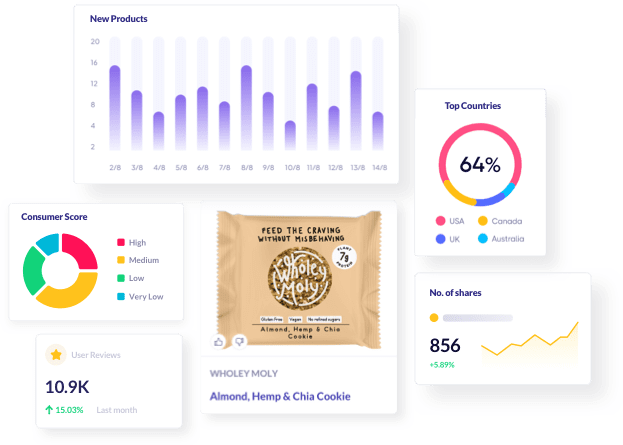 Food Intelligence | Food and Beverage Industry Insight - Spoonshot
Food Intelligence | Food and Beverage Industry Insight - Spoonshot
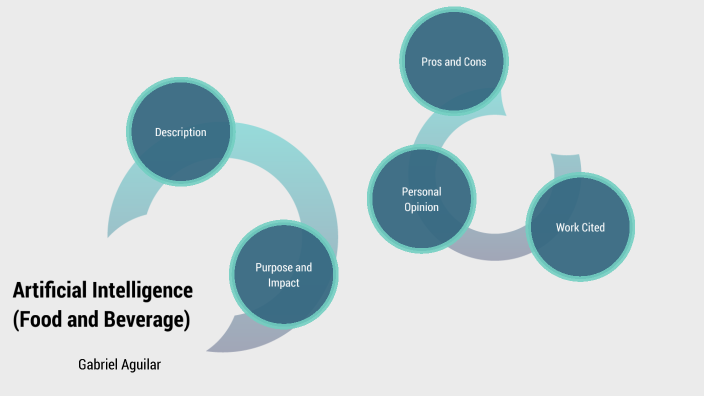 Artificial Intelligence in the Food and Beverage Industry by Gabriel
Artificial Intelligence in the Food and Beverage Industry by Gabriel
![Artificial Intelligence In Food And Beverage Market [CAGR 444%] Artificial Intelligence In Food And Beverage Market [CAGR 444%]](https://www.enterpriseappstoday.com/wp-content/uploads/2023/03/AI-In-Food-And-Beverage-Market.jpg) Artificial Intelligence In Food And Beverage Market [CAGR 444%]
Artificial Intelligence In Food And Beverage Market [CAGR 444%]
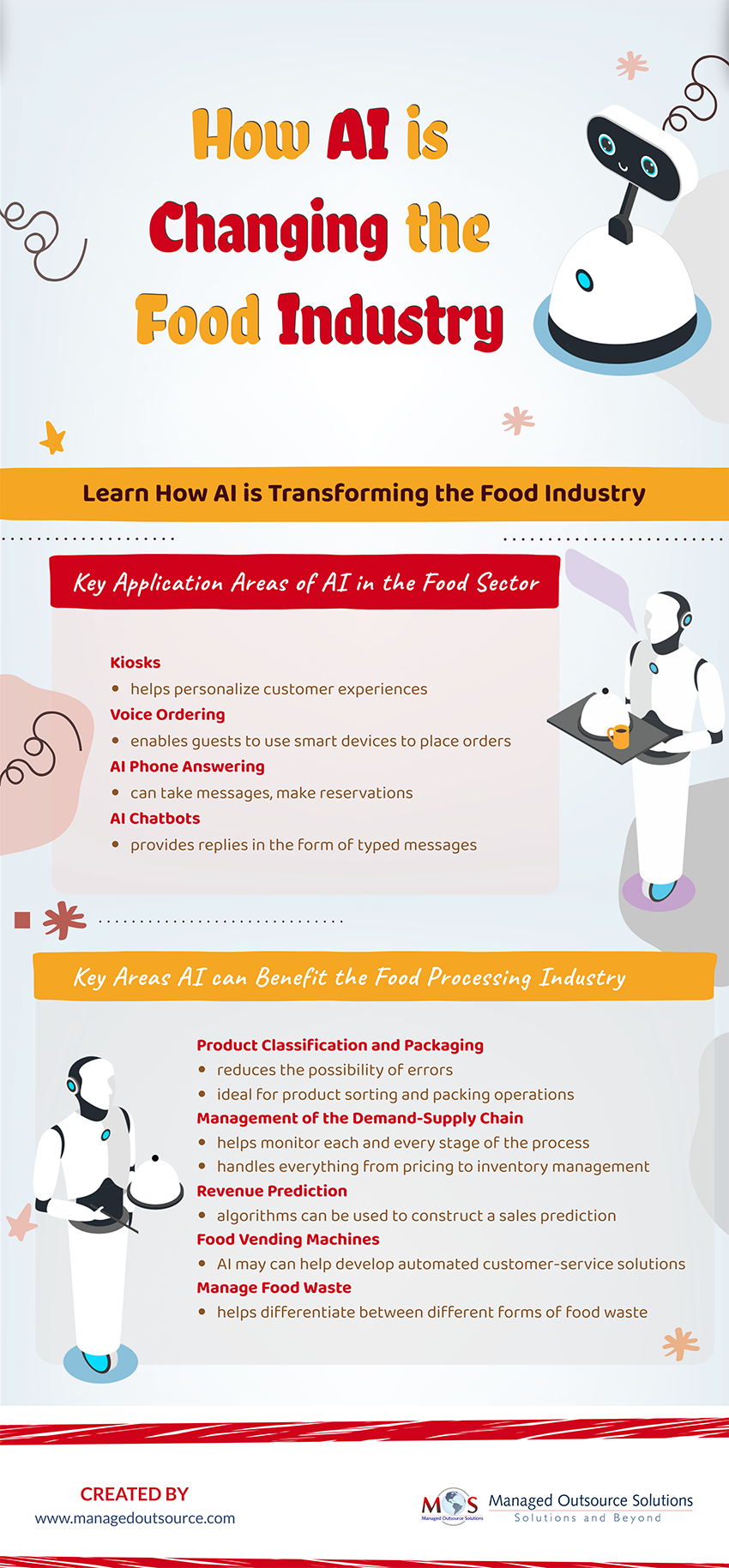 How AI is changing the Food Industry
How AI is changing the Food Industry
 AI In Food And Beverages Market Report 2024 - AI In Food And Beverages
AI In Food And Beverages Market Report 2024 - AI In Food And Beverages
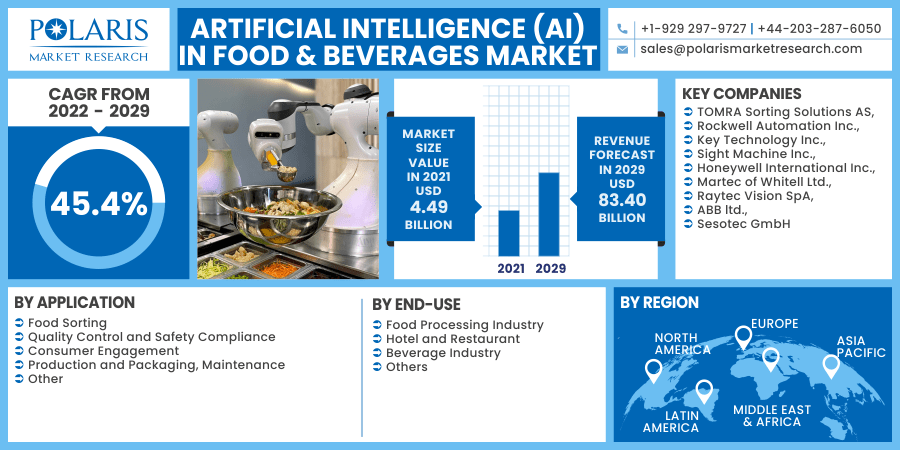 Global Artificial Intelligence (AI) in Food & Beverages Market Size
Global Artificial Intelligence (AI) in Food & Beverages Market Size
 Artificial Intelligence in Food and Beverage Market Size Forecasted to
Artificial Intelligence in Food and Beverage Market Size Forecasted to
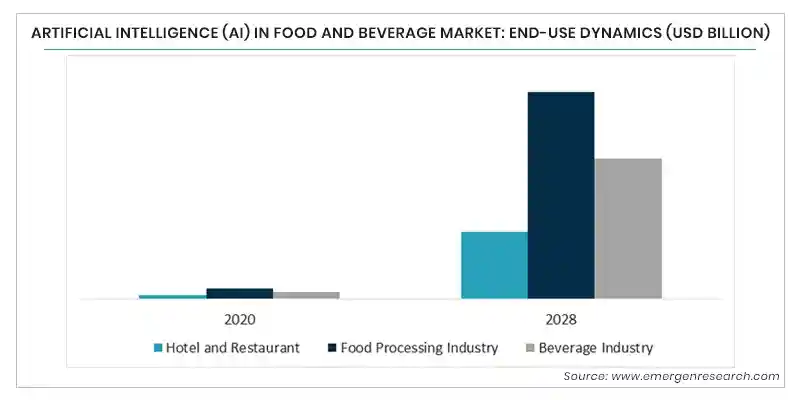 Artificial Intelligence in Food and Beverage Market Size USD 6283
Artificial Intelligence in Food and Beverage Market Size USD 6283
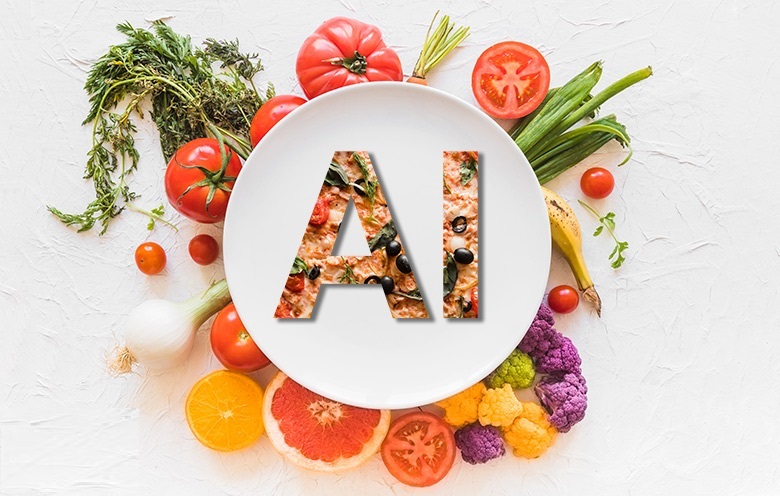 How Artificial Intelligence is changing the food & beverage industry
How Artificial Intelligence is changing the food & beverage industry
 Beverage Industry Competitive Intelligence, Food and Beverage Business
Beverage Industry Competitive Intelligence, Food and Beverage Business
 Artificial Intelligence in Food and Beverage Market Size USD 6283
Artificial Intelligence in Food and Beverage Market Size USD 6283

